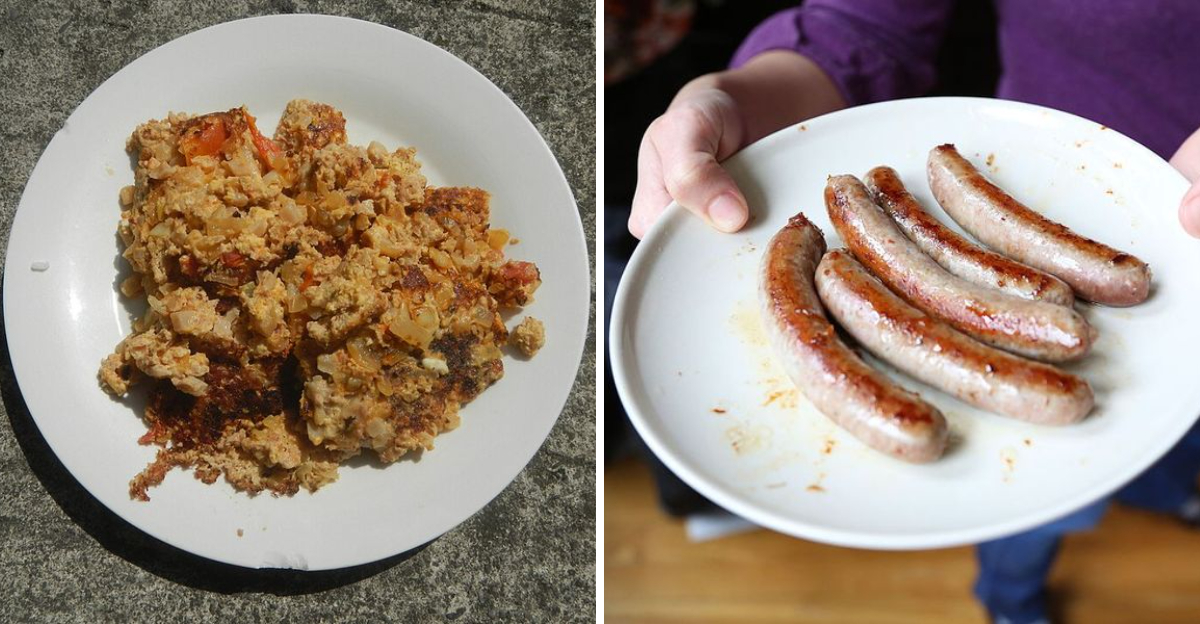20 Surprisingly Healthy Foods Everyone Thinks Are Bad For You
Have you ever avoided certain foods because everyone says they’re unhealthy? Well, prepare to be surprised!
Many foods that have gotten a bad reputation over the years are actually packed with nutrients and health benefits.
Get ready to discover which so-called “bad” foods might deserve a spot on your plate after all.
1. Eggs

For decades, people blamed these breakfast staples for raising cholesterol levels. Turns out, the cholesterol in your food doesn’t affect your blood cholesterol as much as scientists once thought!
Packed with protein, vitamins, and minerals, eggs are nutritional powerhouses. They contain all nine essential amino acids your body needs. Plus, the yolk holds most of the nutrients, so don’t toss it away!
2. Potatoes

Believe it or not, these starchy vegetables got unfairly lumped in with junk food. When you skip the deep fryer, they’re actually nutritious champions!
Rich in potassium, vitamin C, and fiber, spuds support your immune system and digestion. A medium potato with skin contains more potassium than a banana. Bake, roast, or boil them for maximum health benefits without the guilt.
3. Peanut Butter
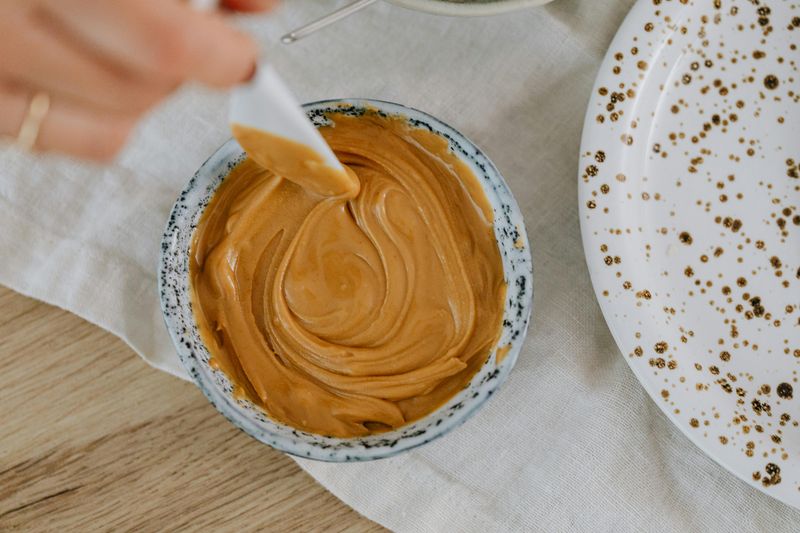
Sure, it’s calorie-dense, but that doesn’t make it villainous. Natural varieties without added sugar are basically liquid gold for your body!
Loaded with healthy fats, protein, and fiber, this spread keeps you full for hours. It contains heart-healthy monounsaturated fats and vitamin E.
Just watch your portion sizes and choose brands with minimal ingredients for the best nutritional bang.
4. Dark Chocolate

Chocolate lovers, rejoice! When you choose varieties with 70% cocoa or higher, you’re getting serious antioxidant power.
A small square daily satisfies your sweet tooth while delivering minerals like iron, magnesium, and zinc. Just remember moderation is key!
5. Coffee

Your morning ritual isn’t just about the caffeine buzz. This beloved beverage is actually loaded with antioxidants and beneficial compounds!
It can boost metabolism and improve mental alertness. Stick to 3-4 cups daily without excessive sugar or cream, and you’re golden.
6. Whole Milk

Fat-free became the trend, but whole milk is making a comeback. Those natural fats actually help your body absorb important vitamins!
Vitamins A, D, E, and K are fat-soluble, meaning they need fat for absorption. Whole milk provides calcium, protein, and healthy fats that keep you satisfied longer.
7. Red Meat (In Moderation)
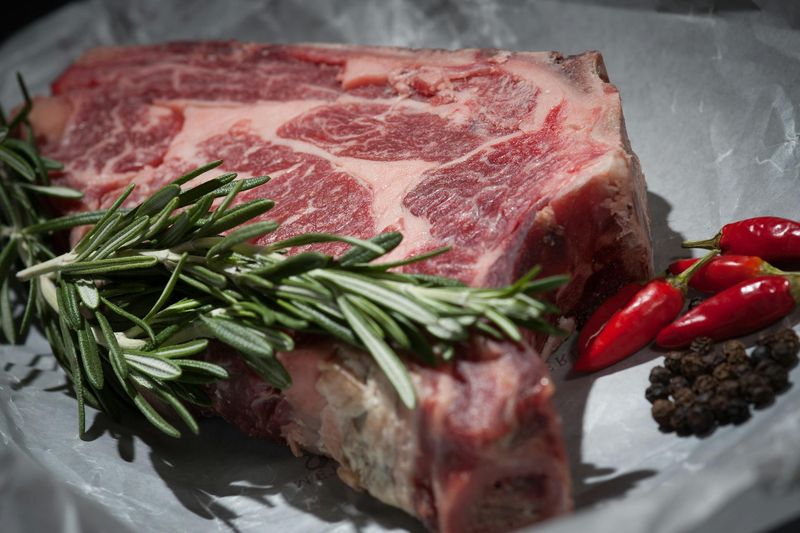
When eaten sensibly, lean cuts provide nutrients you can’t easily get elsewhere. Quality matters more than complete avoidance!
Iron, zinc, and vitamin B12 are abundant in red meat, supporting energy levels and immune function. Choose grass-fed options when possible and limit portions to a few times weekly.
8. Avocados
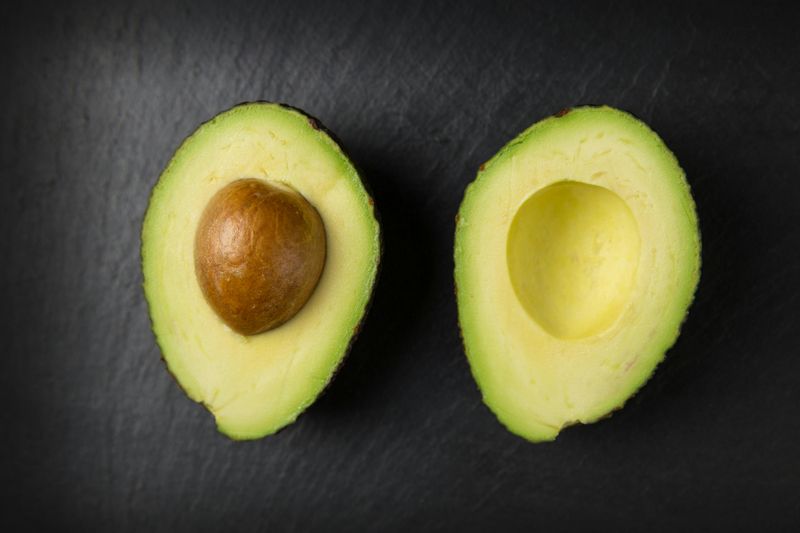
Critics called them too fatty, but these green gems contain the kind of fat your heart loves. Monounsaturated fats are the real MVPs here!
Nearly 20 vitamins and minerals hide in that creamy flesh, including folate, potassium, and vitamins C and E. They help your body absorb nutrients from other foods too.
Spread some on toast or toss in salads for delicious, nutritious goodness.
9. Coconut Oil

High in saturated fat, yes, but this tropical oil behaves differently in your body than animal fats. Medium-chain triglycerides make all the difference!
Your body metabolizes these special fats quickly for energy rather than storing them. Coconut oil may boost good HDL cholesterol and support brain health.
Use it for cooking at high temperatures or add to smoothies in moderation.
10. Popcorn (Air-Popped)

Forget the movie theater version drowning in butter. Plain popcorn is actually a whole grain snack with impressive fiber content!
Three cups contain about 4 grams of fiber and fewer than 100 calories. It’s also rich in polyphenol antioxidants that fight inflammation.
Skip the excessive salt and butter, and you’ve got a guilt-free snack that satisfies your crunch cravings perfectly.
11. Cheese
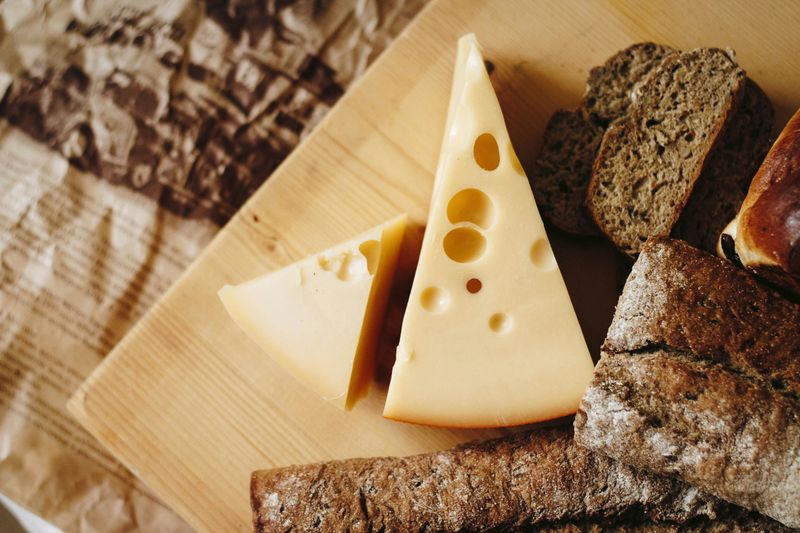
Despite its reputation, cheese delivers serious nutritional value beyond just calcium. Protein, vitamin B12, and phosphorus all come along for the ride!
Fermented varieties like aged cheddar contain probiotics that support gut health. The fat in cheese helps you feel satisfied, potentially preventing overeating.
Enjoy moderate portions of quality cheese without guilt, and your bones will thank you for the calcium boost.
12. White Rice

Brown rice gets all the glory, but white rice isn’t the villain it’s made out to be. Sometimes easier digestion matters more than extra fiber!
Athletes and active people benefit from its quick energy release. It’s also enriched with iron and B vitamins in many countries.
For those with sensitive stomachs or digestive issues, white rice provides gentle, easily absorbed nutrition without causing discomfort.
13. Whole-Wheat Pasta

Carbs became public enemy number one, but whole-wheat pasta offers complex carbohydrates your body actually needs. Energy doesn’t come from thin air!
Fiber, B vitamins, and minerals like iron and magnesium make this a smart choice. It keeps blood sugar more stable than refined pasta and keeps you fuller longer.
14. Canned Beans

People worry about sodium content, but rinsing solves that problem instantly. What remains is pure plant-based protein and fiber perfection!
Convenient and affordable, canned beans contain iron, magnesium, and folate. They’re just as nutritious as dried beans you cook yourself.
15. Salt (In Reasonable Amounts)
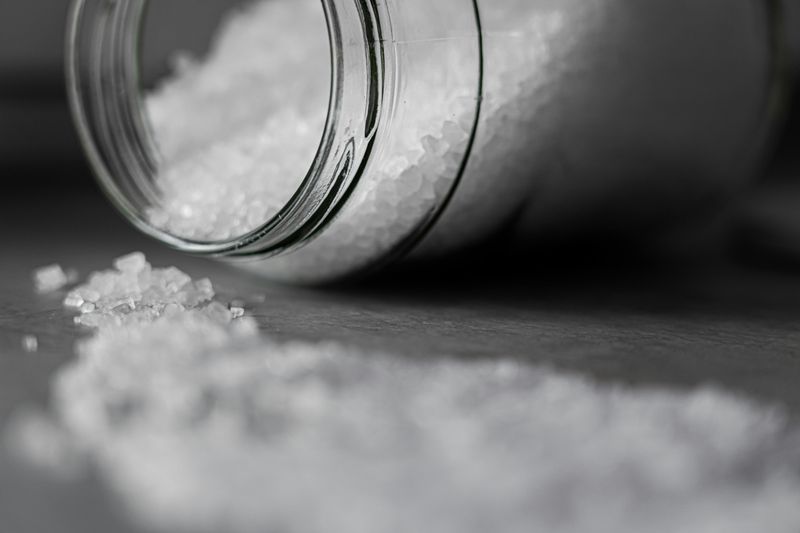
While excessive sodium causes problems, your body actually needs some salt to function properly. Electrolyte balance isn’t optional!
Sodium helps regulate fluid balance, nerve signals, and muscle contractions. Active people who sweat a lot need more than sedentary folks.
The key is avoiding processed foods loaded with hidden salt while using reasonable amounts in home cooking. Listen to your body’s needs.
16. Butter (Grass-Fed)
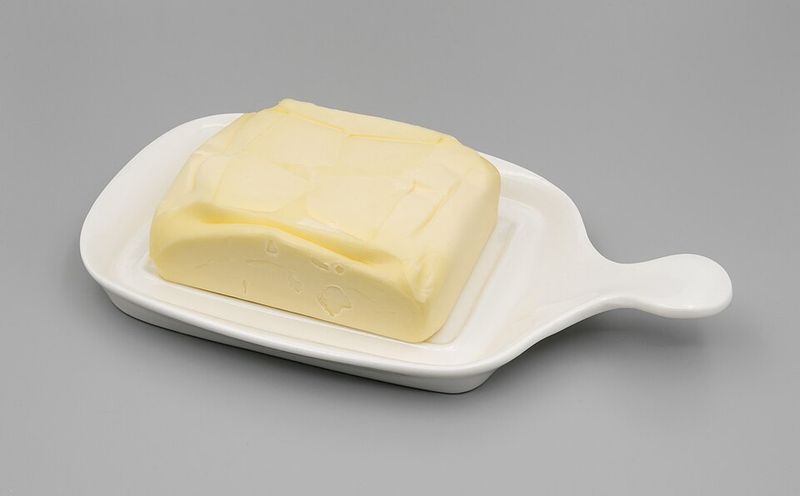
Margarine had its moment, but real butter from grass-fed cows contains nutrients margarine can only dream about. Vitamin K2 and conjugated linoleic acid are the stars here!
These compounds support bone health and may have anti-cancer properties. Butter also helps absorb fat-soluble vitamins from vegetables.
17. Full-Fat Yogurt

Low-fat versions often compensate with added sugar, making them less healthy than the full-fat original. Natural fat keeps you satisfied and supports nutrient absorption!
Probiotics in yogurt promote digestive health and immune function. The fat helps your body use calcium and other minerals effectively.
Choose plain varieties and add your own fruit to control sugar intake. Your gut microbiome will flourish.
18. Dried Fruit
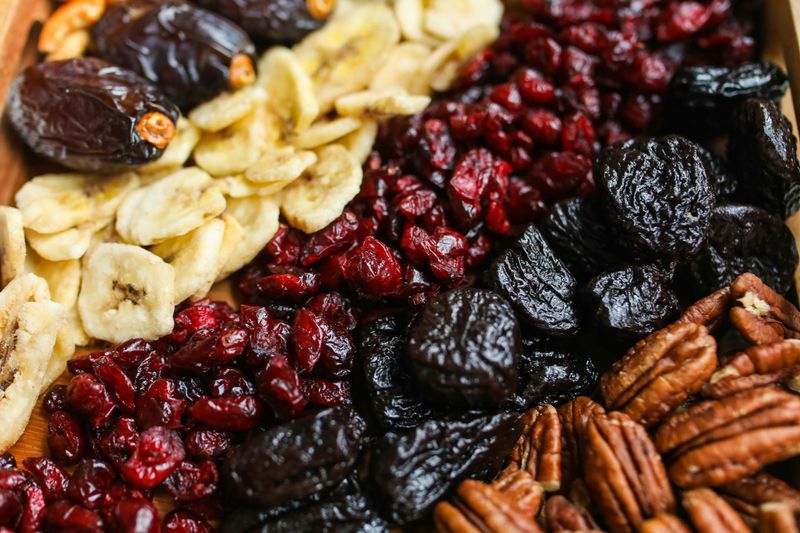
Sugar concentration scares people away, but dried fruit retains most nutrients from fresh versions. Think of it as nature’s candy with actual benefits!
Fiber, antioxidants, and minerals remain intact through the drying process. A small handful provides quick energy for workouts or afternoon slumps.
Just watch portions since calories are concentrated. Choose varieties without added sugar for the healthiest option available.
19. Bread (Sourdough or Whole-Grain)
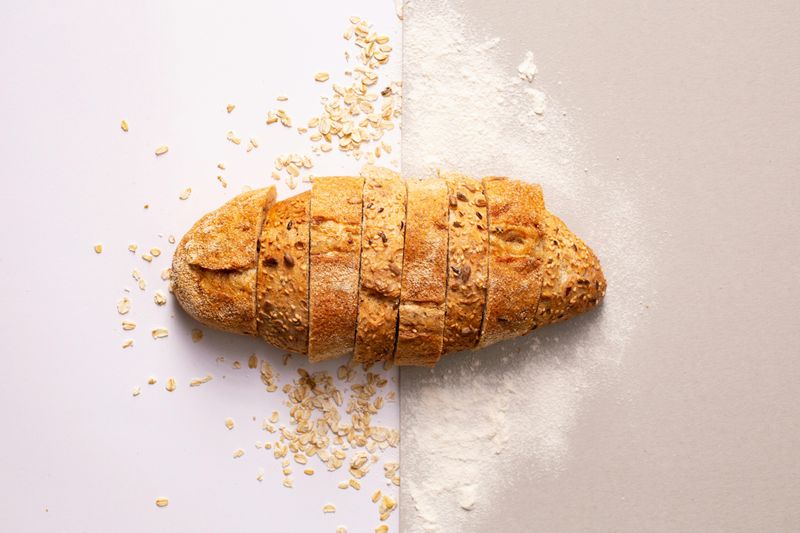
Bread got unfairly demonized in recent years, but quality matters enormously. Sourdough fermentation actually makes nutrients more available to your body!
Whole-grain varieties provide B vitamins, fiber, and minerals that support energy and digestion. The fermentation process in sourdough breaks down gluten and phytic acid, improving digestibility.
20. Shellfish

Cholesterol concerns kept people away for years, but shellfish are nutritional superstars. Zinc, selenium, and vitamin B12 levels are off the charts!
They’re also low in calories and high in protein, making them perfect for healthy eating plans. Omega-3 fatty acids support heart and brain health.


